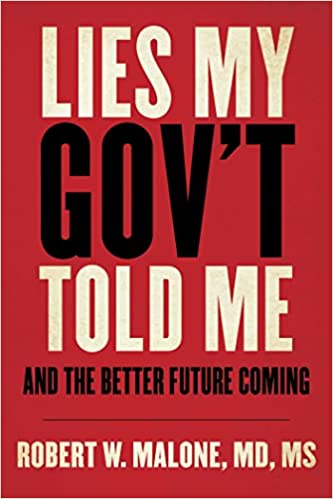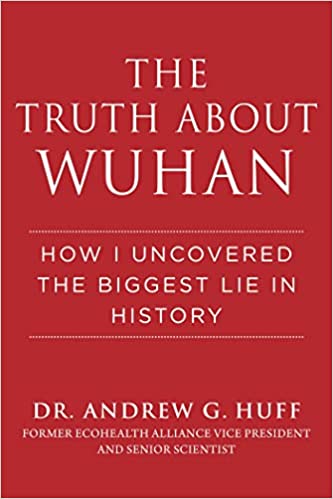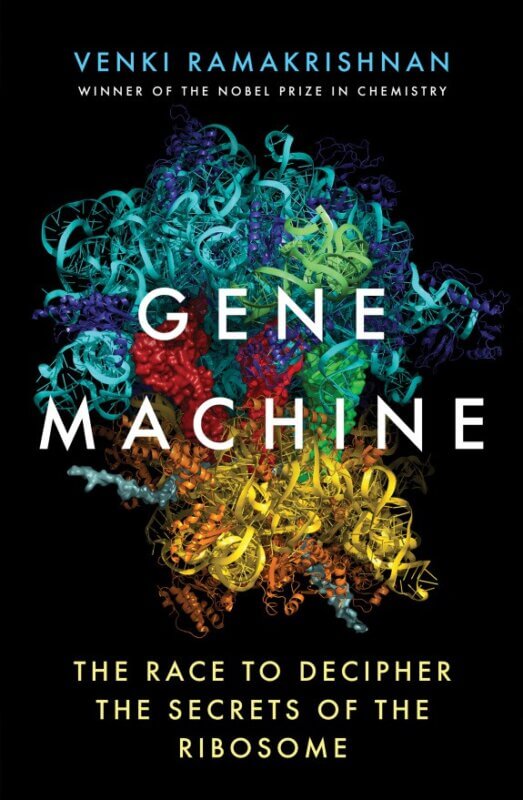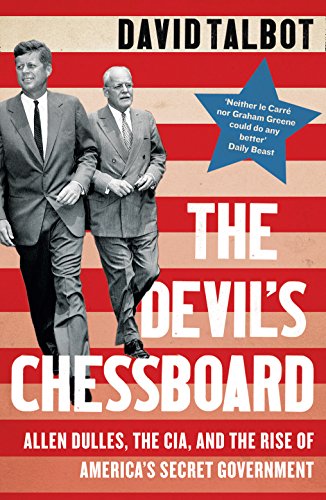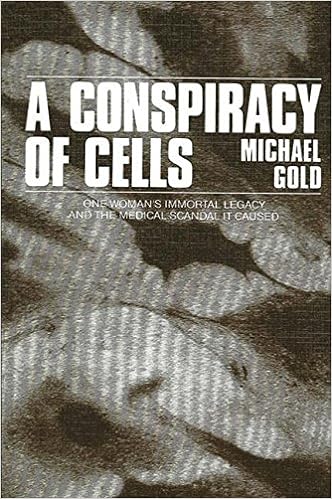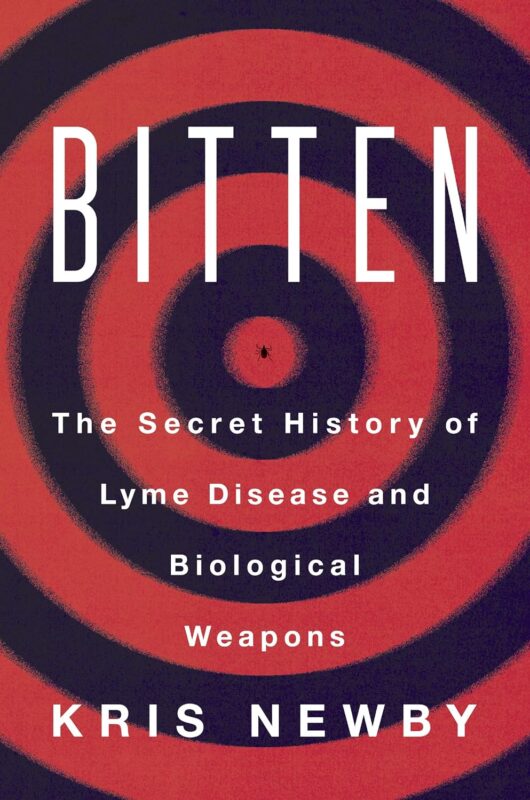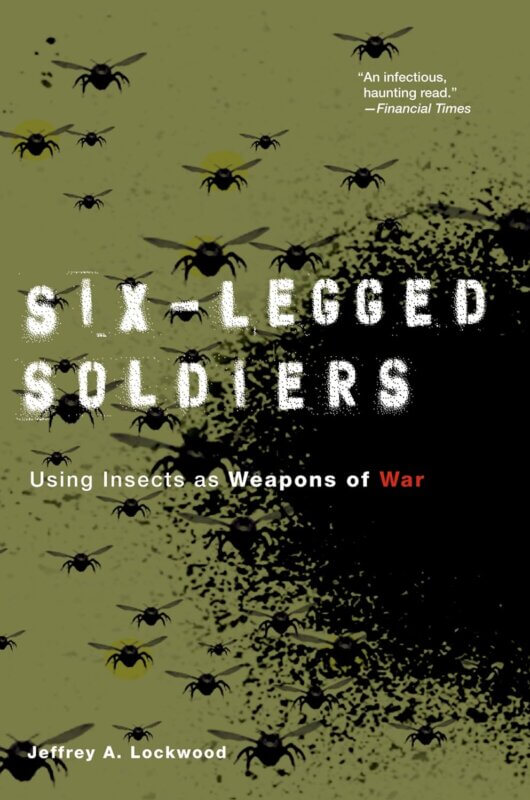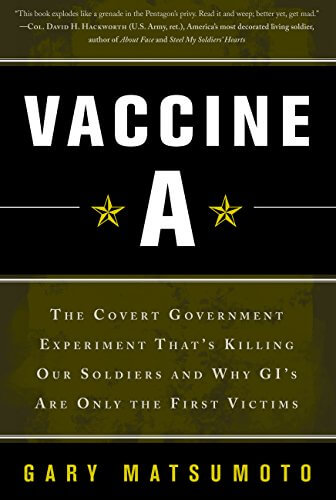
Investigative journalist Gary Matsumoto's book, "Vaccine A," reveals the alleged link between a controversial anthrax vaccine administered by the Department of Defense and the mysterious Gulf War Syndrome. Matsumoto suggests that squalene, an oil found in sharks and human bodies, was added to the vaccine to enhance its efficacy, leading to severe side effects in some veterans.
Key Points:
- Background: The US military's historical relationship with medical experiments is complex. On one hand, soldiers are considered heroes, while on the other, they are potential experimental subjects, especially when national security is at stake.
- The Controversy: After the 1991 Gulf War, symptoms like fatigue, hair loss, and joint pain emerged among veterans, which were later termed "Gulf War Syndrome". Matsumoto attributes these symptoms to squalene present in the anthrax vaccine.
- Scientific Evidence: Matsumoto's research indicates that squalene, when injected, can cause autoimmune reactions leading to conditions like lupus and arthritis. While there are alternate theories surrounding Gulf War Syndrome, Matsumoto stands firm on the squalene connection.
- Counterpoints: Critics argue that squalene naturally exists in the body and foods like energy bars, so its link to the syndrome might not be direct. The variation in reactions to the vaccine among soldiers also casts doubt on the squalene theory.
- Bureaucratic Pushback: Matsumoto's account paints a picture of government agencies and vested corporate interests, including vaccine manufacturers, downplaying or ignoring the potential hazards of the anthrax vaccine.
- Personal Battles: In his book, Matsumoto delves into the struggles of individual scientists who confronted an entrenched bureaucracy, highlighting personal anecdotes and confrontations with skeptics.
- Human Research Ethics: Matsumoto critiques the military's research ethics. However, some critiques may be misleading, as stringent human-experiment rules do exist.
- Conclusion: The squalene debate remains unresolved. Government agencies, including the Institute of Medicine and the Government Accountability Office, have differing views on its inclusion in the vaccine and its effects. Matsumoto's investigation raises pressing questions, emphasizing the need for a thorough governmental review.


